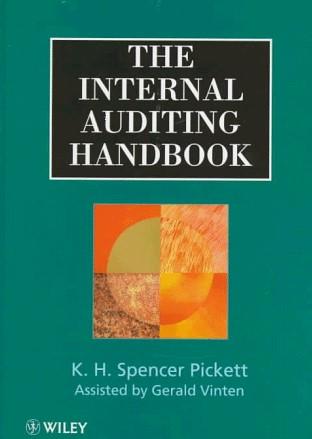Question
DLK is a C corporation. Each individual contributed $10,000 to the company in exchange for 1,000 shares of DLK stock (for a total of 3,000
DLK is a C corporation. Each individual contributed $10,000 to the company in exchange for 1,000 shares of DLK stock (for a total of 3,000 shares). The corporation also borrowed $250,000 from ACME Venture Capital to finance operating costs and capital expenditures.
Because of intense competition, DLK struggled for the first few years of operation and the corporation sustained chronic losses. This year, Lacey, DLKs president, decided to seek additional funds to finance DLKs working capital.
CME declined to extend additional funds because of the money already invested in DLK. High Tech Venture Capital Inc. proposed to lend DLK $100,000, but at a 10% premium over the prime rate. (Other software manufacturers in the same market can borrow at a 3% premium.) First Round Capital proposed to invest $50,000 of equity capital into DLK, but on the condition that the investment firm be granted the right to elect five members to DLKs board of directors. Discouraged by the high cost of external borrowing, Lacey decides to approach Kaylee and Doug.
Lacey suggests to Kaylee and Doug that each of the three original investors contribute an additional $25,000 to DLK in exchange for five 20-year debentures. The debentures will be unsecured and subordinate to ACMEs debt. Annual interest on the debentures will accrue at a floating 5% premium over the prime rate. The right to receive interest payments will be cumulative; that is each debenture holder is entitled to past and current interest payments before DLKs board can declare a common stock dividend. The debentures would be both nontransferable and noncallable. Lacey, Kaylee and Doug have asked you, their tax accountant, to advise them on the tax implications of the proposed financing agreement. After researching the issue, issue your advice in a tax research memo. At a minimum, you should consult the following authorities:
IRC. Sec 385
Rudolph A. Hardman, 60 AFTR 2d 87-5651, 82-7 USTC 9523 (9th Cir., 1987)
Tomlinson v. The 1661 Corporation, 19 AFTR 2d 1413, 67-1 USTC 9438 (5th Cir., 1967)
Overall Question: Lacey, Kaylee and Doug have asked you, their tax accountant, to advise them on the tax implications of the proposed financing agreement. After researching the issue, issue your advice in a tax research memo.
Step by Step Solution
There are 3 Steps involved in it
Step: 1

Get Instant Access to Expert-Tailored Solutions
See step-by-step solutions with expert insights and AI powered tools for academic success
Step: 2

Step: 3

Ace Your Homework with AI
Get the answers you need in no time with our AI-driven, step-by-step assistance
Get Started


